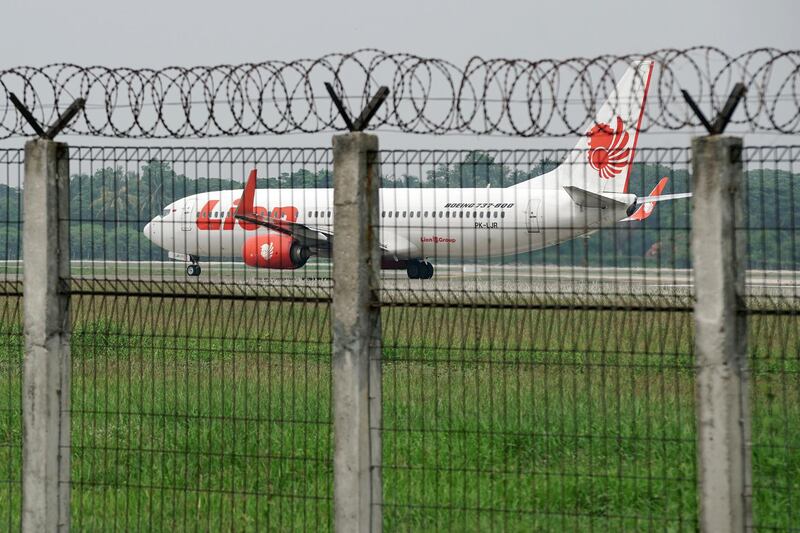As the plane banked over the Pacific Ocean near Los Angeles, I realised that when someone says a person’s knees are knocking from fear, it’s not just a figure of speech. My legs shook uncontrollably as adrenaline surged through my body, produced by my brain’s perception that I was in mortal danger.
Two decades on, and cloud cover shakes and jolts the aircraft I am in, which has just taken off from Istanbul bound for Beirut. There is a flash of white light and a loud bang – a lightning strike. Unlike in the disaster movies, there is no panic on board, just a deep silence.
In neither case was my life in danger, but it didn’t do my fear of flying much good. According to the Air Transport Action Group, there are about 100,000 scheduled take-offs every day across the world. That’s millions of passengers who arrive safely to bring us duty-free chocolates and complain about lost luggage.
You know the numbers – a person is more likely to die slipping in the shower than they are to meet their maker in a plane crash. Viral videos of wobbly, windy landings may be can’t-look-away YouTube fodder, but even these “go-arounds” are pretty common.
Nevertheless, such was my determination to avoid flying that I once spent three years shuttling between Britain and Ireland laboriously by train, car and ferry. Eventually, I got smart and educated myself about how flying actually works.
And I wasn’t alone. On YouTube, more than 763,000 subscribers regularly ask amiable Austrian pilot Joey Diebolder – “Captain Joe” – questions about their nightmare flying scenarios (“Can a passenger land a plane?” Answer: no).
Armed with my aviation knowledge, I ended my one-man boycott and stepped on a plane in London. I flew as John Denver's Leaving on a Jet Plane played in my head, my hands were drenched with sweat, my heart hammered like a drum at every jolt of turbulence, and if the plane banked – don't ask.
Tom Bunn, a licensed clinical social worker and former US airline pilot, spent 30 years treating fearful flyers. His view is that the fear-of-flying courses offered by many major airlines claim "knowledge is power". If someone is educated about how it all works, their fear should leave them.
Not so. Bunn, who also flew supersonic F-100s for the US Air Force, says our physiology is partly to blame. Our amygdala – neurons buried deep within the brain’s medial temporal lobe – pumps out stress hormones at events that are unusual or unforeseen.
We are not designed to sit passively miles above the Earth's surface with our lives in someone else's hands. Our imagination is a powerful tool, and its ability to override rational thought means dry statistics don't stand a chance when swamped by images of tumbling from the sky.
Our physiology is still the same as it was thousands of years ago. We're built to walk on the ground at 4mph and run at about 10mph. Even swimming is not instinctual.
Even so, on rare occasions, the nerves leave me and I look down with wonder on snow-covered mountains, a vast ocean or the desert of the Arabian Peninsula. As Leonardo da Vinci said: "Once you have tasted flight, you will forever walk the earth with your eyes turned skyward."
____________________
Read more:
Travel year in review: our writers' favourite travel memories of 2018
4 places you can fly to from Dubai Airport you may have never heard of
Google Assistant will now tell you if your flight is delayed
____________________






